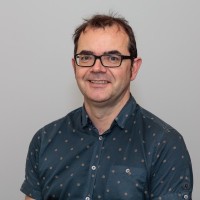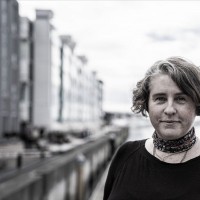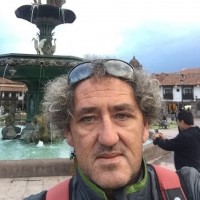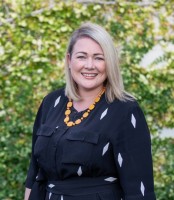Tuesday 19 October
Online discussion
Urbanisation, a growing population, and climate change call for new solutions to how we create a healthy and happy city centre. Research and studies have shown that a green environment actively contributes to our quality of life. Parks and more green spaces on our streets not only provide spaces for us to unwind, rebalance, and exercise, but the addition of trees and plants can absorb carbon, improve air quality, provide shade and address stormwater run-off. Greening a city centre is an important part of future-proofing the city and improving liveability.
Long gone are the days of Auckland's city centre coming alive at nine and emptying at five - Auckland (in non-lockdown times) has evolved into a diverse place for a growing population of people who like to shop, socialise and do business, and those who choose to live there. In fact, it is the densest residential neighbourhood in New Zealand, with over 35,000 people now calling the city centre home.
Through our City Centre Masterplan (CCMP) we are designing an improved city centre that has all of these people in mind, a greener, more liveable and sustainable place for everyone.
This Auckland Conversations will explore the environmental, social and health benefits that come from greening a city centre and how improving access to and quality of green space will ensure the heart of our city is a vibrant and bountiful place for everyone – one that is uniquely Tāmaki Makaurau.






